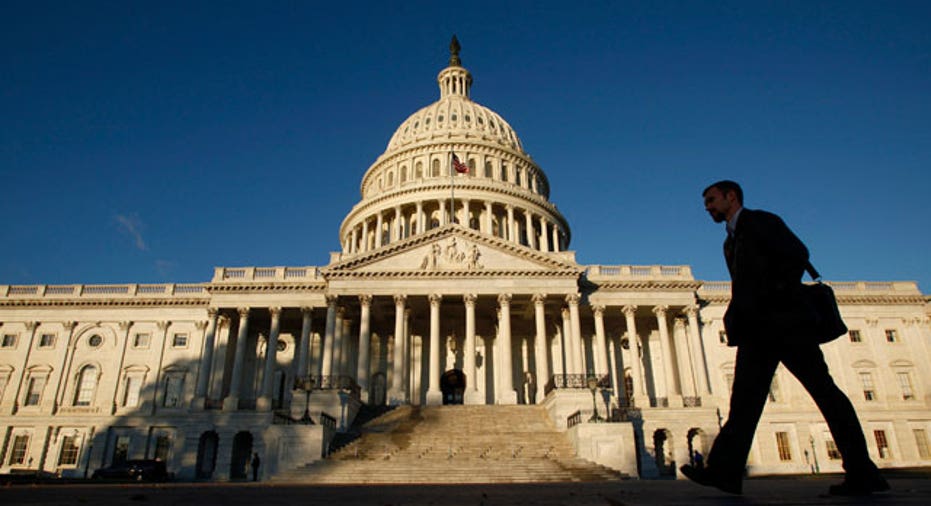More Americans Say U.S. on Wrong Track, Poll Finds

WASHINGTON – Rising U.S. gasoline prices have damaged confidence in the country's future and forced Americans to change their spending habits and lifestyles, a Reuters/Ipsos poll released on Wednesday found.
The proportion of people who believe the United States is on the wrong track jumped 5 points to 69 percent from March, the poll found, the highest wrong-track figure in an Ipsos poll since President Barack Obama took office in January 2009.
More than six of every 10 Americans have cut back on other expenses and reduced their driving as a result of the rising gas prices caused by tumult in North Africa and the Middle East.
The increase in energy costs also hurt Obama's approval rating, which dipped for the second consecutive month to 46 percent -- his lowest Ipsos poll rating since early December 2010.
"That's all a function of gas prices. People are feeling the pinch at the pump," said Ipsos pollster Cliff Young.
"Increased gas prices have a direct impact on the pocketbook, and there is very little lag time between rising gas prices and its effect on presidential approval and confidence," he said.
Retail gasoline prices rose to an average of $3.79 a gallon last week, up 11 cents from the week before, reflecting rising crude oil prices caused in part by political uncertainty in Libya and the Middle East.
Gasoline prices are expected to be more than $4 a gallon this summer in many parts of the country, with the national average of $3.86 a gallon compared with $2.76 last summer, the U.S. Energy Information Administration said on Tuesday.
The plunge in public confidence could complicate the 2012 re-election hopes of Obama, who launched his campaign last week and must convince Americans he is turning the corner on economic recovery.
Obama is to offer a long-term budget deficit reduction plan on Wednesday ahead of looming fights with Republicans on the 2012 budget and raising the U.S. debt ceiling.
The poll, conducted Thursday through Sunday, was largely taken after Friday night's 11th-hour deal with Republicans on spending cuts for the remainder of the 2011 fiscal year averted a government shutdown.
'ALL NOISE'
Young said those negotiations had little impact on the public's view of Obama or its confidence in the country's future.
"That is all noise to people," he said. "It reinforces a negative belief about Washington but it has no impact on public opinion unless something happens that directly effects people."
The drop in Obama's approval rating was largely driven by a sharp downturn in approval from his fellow Democrats, whose support dropped 7 percentage points to 73 percent. Support among independents and Republicans remained relatively steady.
Young said gasoline prices were the economic indicator with the most direct short-term political impact, but its effects were often short-lived.
"We're seeing more pessimism driven by gas prices, and that has an effect on presidential approval and on a family's decisions on spending," he said.
The poll found 62 percent of Americans had reduced the amount of driving they did because of gas prices and 68 percent had cut back on other expenses. Nearly half, about 45 percent, had changed their vacation plans to stay closer to home.
The rising cost of driving is hitting the U.S. economy.
U.S. retail sales rose modestly in March as auto sales plunged and consumers stretched to pay for pricey gasoline.
The Reuters/Ipsos poll also found a decline in U.S. public support for nuclear power after the nuclear crisis in Japan, where engineers are still struggling to control crippled reactors at the Fukushima Daiichi plant north of Tokyo.
Using nuclear energy to supply electricity was supported by 49 percent of poll respondents, with 47 percent opposed. In July 2009 it was supported by 56 percent to 39 percent.
"In the near term, the image of nuclear power has taken a real hit," Young said. "The question is whether it will have a long- or short-term impact, and that depends on how the situation plays out."
The poll of 1,042 adults, including 802 registered voters, had a margin of error of 3 percentage points.



















